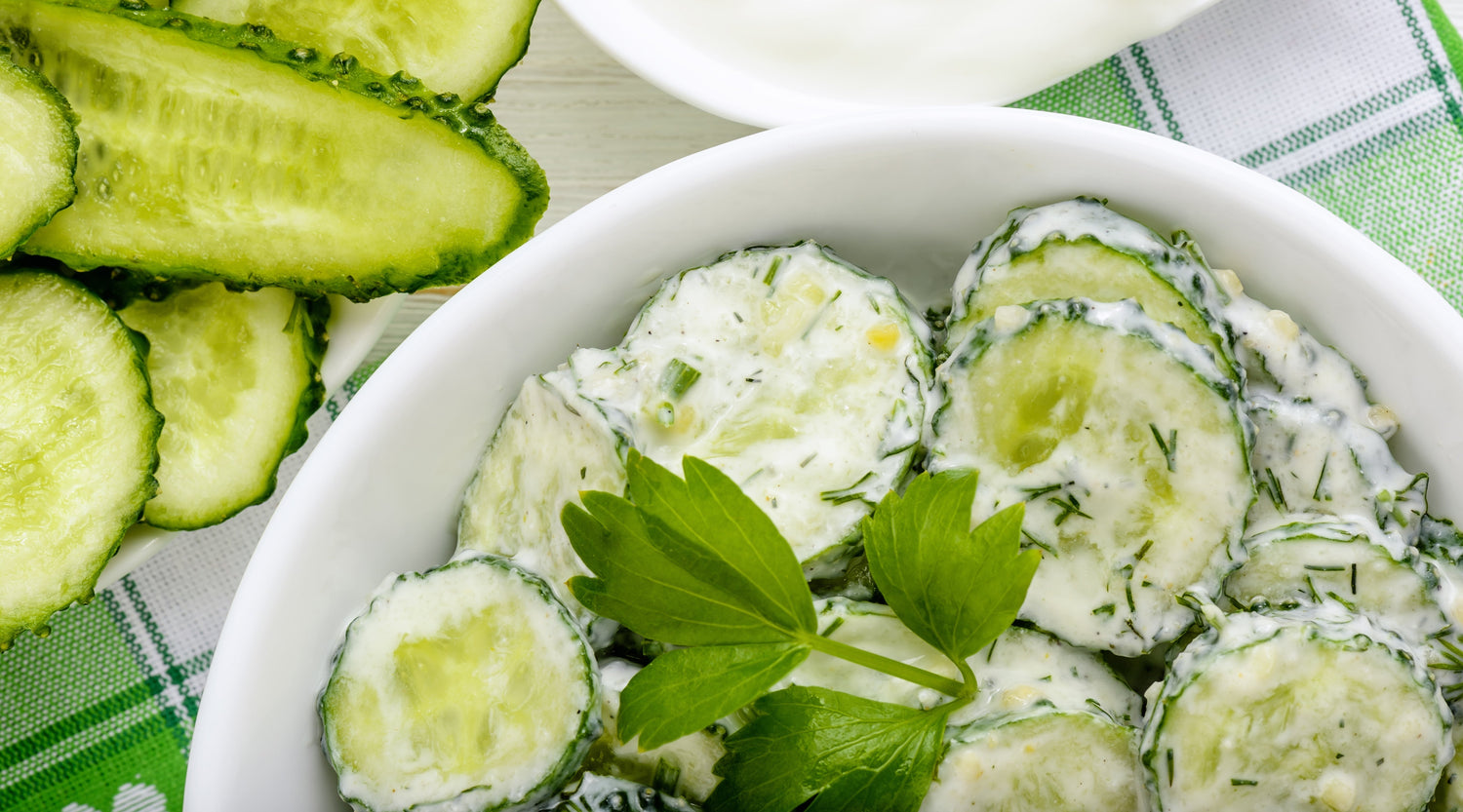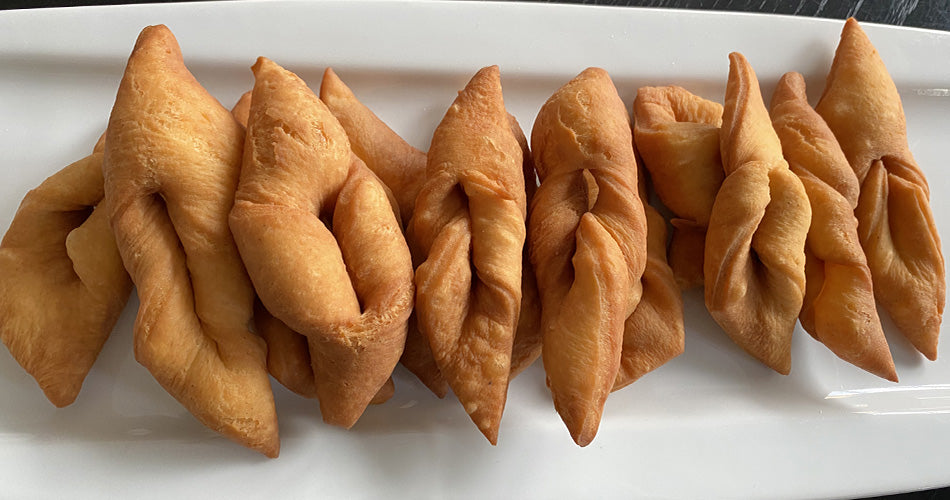Björn and his teammates from Knattspyrnudeild Grindavíkur (UMFG) during his days as a semi-pro soccer player in Iceland.
Football is on my mind right now. The Icelandic women’s national team qualified for the European championship and is currently playing in Switzerland. In June 2026, the men’s FIFA World cup will be hosted by USA.
I played football from age 6 to 27 years old. Some might say that I stopped playing when I was in my prime. I played semi-professional football in Iceland, was on a soccer scholarship at Auburn University, Montgomery Alabama during college, and tried out for two professional teams in the UK, Bristol City and Wigan.
For me, football is the perfect sport. It teaches discipline, conditioning, strength, creates a community, and gives you friends for life.
So why did I quit so early? My decision to quit when I was 27 was mostly due to wanting to spend time with my new born son, and then two years later, my new born daughter. At the time, I was working at an insurance company and remember leaving for work most mornings before our son was awake and returning at night after practice when he was already asleep.
Being involved in football, as probably for any sport, is a bit like being in a bubble. Your universe condenses to become intensely focused on the sport community you belong to—your team, your teammates, your supporters, and your town. You develop inside jokes, you learn the ways of that world, you become a leader, or you fall in line. Looking back and reflecting, I’m not sure I could have gone further—become a full professional and played with the national team. I don’t know if I wanted it enough. I wasn’t ready to sacrifice enough.
And then there were injuries. Did I regret playing or retiring this early? Never. Football is a part of me, and I will always love that beautiful sport. It taught me so much about myself—how I face challenges, how I react to winning or losing, and how I face adversity and injury.
Football taught me about my body, and it taught me to take control of myself, my health, and my wellbeing.
I am very in tune with my body and I know when something is wrong based on experience. I know when something is serious or when it’s minor. Football taught me that. So, later in life when I was dealing with injuries (from football) that I didn’t understand and had a hard time figuring out, I searched for something that would help me, and it came from a place I had not suspected. Collagen, for me, was a lifesaver.
Please understand that for me, exercise is like oxygen. If too many days pass where I can’t go out for a run or spend an hour in a CrossFit box, I am miserable. My wife knows this 😊. So, my injuries, or to be precise, my joint health, was making me miserable. Stiff joints and ligaments, and in the tendons in my shoulders caused pain and misery from long abuse caused by the physicality of football.
It’s funny, but when you are young, you are invincible. You don’t realize that what you do today can affect you in the future. I certainly didn’t think about how my health might be when I grew older. But, there is a point in every person’s life, it may be subtle; you are moving the couch and strain your back, or have neck pain from carrying your child. Understanding your body, how it reacts, what is good for you, what you should avoid, is important. In 2016, when I was introduced to collagen made from skin of wild caught Cod it changed my life. It made it possible for me to exercise again, it gave me oxygen.
I have a lot of friends that were dealing with impaired freedom of movement due to injuries from football that have been healed using marine collagen—friends with knee injuries, or ankle tendon or ligament issues, always in pain and mostly miserable. Some were using pain relievers to get through the day. For many, collagen changed this and gave them relief. Injuries in sports are inevitable, pain and being constantly uncomfortable is not. I’m grateful for my experience and my recovery.
Happy healing.
Bjorn







